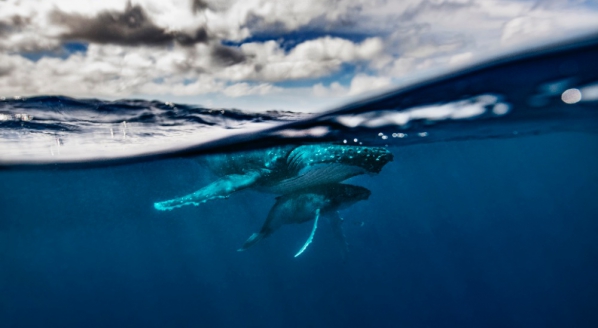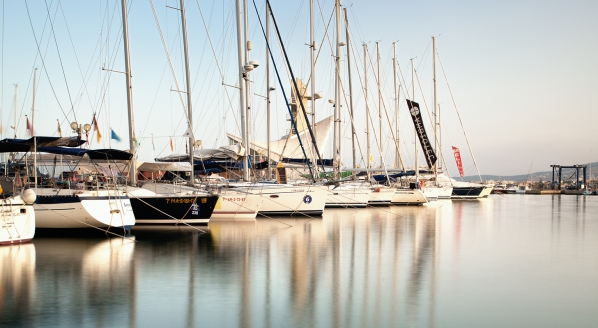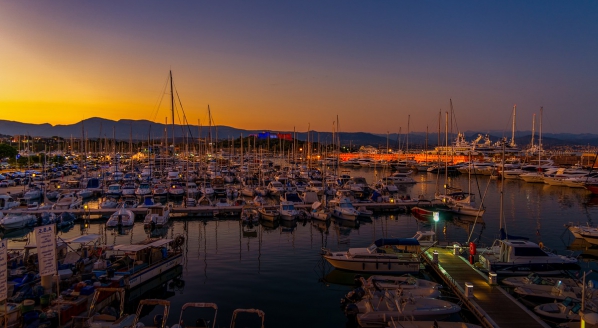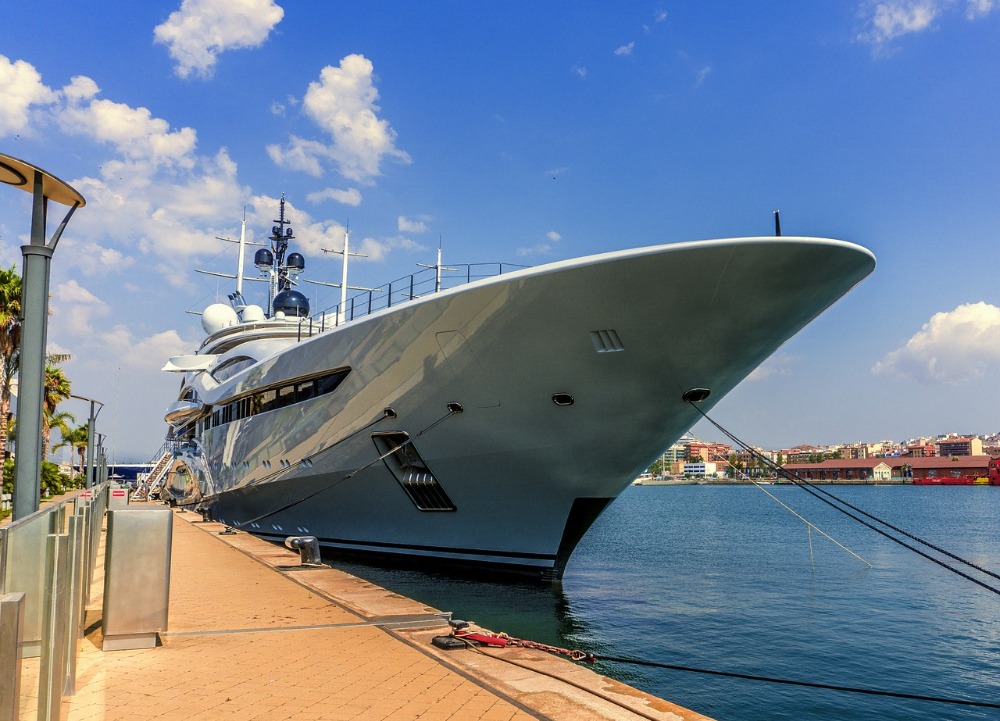Superyacht chartering in the age of COVID-19
The team at Campbell Johnston Clark discuss the contractual intricacies of chartering in the COVID-19 age…
COVID-19 has had a significant impact on superyacht chartering, which relies on the unrestricted movement of guests and crew around the world. The new MYBA charter addendum is sufficient to clarify and protect the rights of owners and charterers.
Many superyacht charters are fixed under the MYBA’s (Mediterranean Yacht Broker Association’s) standard charterparty wording - the “MYBA Standard Charter” - which is subject to English law and London arbitration unless otherwise agreed. Yet following the imposition of widespread national lockdowns and international travel restrictions from the start of 2020, many owners and charterers were unable to fulfil their respective charterparty obligations. The question that invariably arose was whether they were entitled to cancel the contract under the terms of the MYBA Standard Charter and, if so, what the financial and other consequences should be.
Much of the recent commentary has focused on the “force majeure” provisions of the MYBA Standard Charter and how they apply to COVID-19 delays. Under English law, “force majeure” can be invoked on the basis of specific contractual terms detailing cases in which owners and charterers can be excused for not performing their contractual obligations and, in some cases, entitled to cancel the contract.
Other commentators have discussed the question of whether charterparties on MYBA Standard Charter terms should be considered as “frustrated” by COVID-19 difficulties and delays. As a matter of English law, if a contract is frustrated, both parties are entitled to walk away without being liable in damages. However, it is very rare that frustration is successfully argued in the English Courts.
Both of the above points have given rise to a significant number of disputes between owners and charterers. It is generally agreed that the terms of the MYBA Standard Charter dealing with this issue are, in some respects, insufficiently clear and capable of fuelling rather than preventing disputes. This does not reflect on the drafters of the original MYBA Standard Charter; the global coronavirus pandemic has given rise to novel issues that no one could have reasonably foreseen.
The need for contractual clarity
With many 2020 charters having been postponed until 2021, the industry is hoping for a return to normal service next season. However, there remains much uncertainty around the global recovery from COVID-19, and the costs involved in chartering a superyacht are significant. It is therefore imperative that charterparties are as clear as possible on the consequences of any failure to perform contractual duties due to the pandemic.
The following questions should be addressed:
- Who pays if owners cannot reach the agreed place of delivery in time for the start of the charter because of COVID-19 travel restrictions?
- What happens if charterers order the yacht to cruise to an area which, in the opinion of the captain, puts crew and guests at high risk of contagion because of a localised COVID-19 outbreak? Must the captain comply with such an order?
- What happens if there is an outbreak of the disease on board?
An imperfect solution
The MYBA reacted to the onset of the pandemic with admirable swiftness, drafting a COVID-19 addendum to the MYBA Standard Charter which was first published in March 2020 (the “Addendum”).
The Addendum aims to strike a fair balance between the rights of owners and charterers and define the parties’ rights of cancellation in the event of issues arising in relation to the novel coronavirus. However, since its publication, concerns have been raised that it could, at least in some respects, be clearer. At the same time, owners and charterers alike need to consider very carefully whether they are comfortable with the risk allocation achieved by the Addendum and its clauses.
Clause 3, for instance, aims to deal with situations where either charterers or owners cancel the charterparty in advance because they reasonably expect that COVID-19 issues will affect their ability to deliver/take delivery of the vessel.
It could be argued that this clause raises a few potential problems. For example, it allows either charterers or owners to give notice that they reasonably expect to experience an issue with performing the contract at any time “…before the beginning of the Charter Period”. If such notice is given, the parties are obliged to enter into good faith discussions to see if they can agree a possible solution, which may be changing the charterparty dates or agreeing to a different cruising area. If no such agreement can be reached within the designated period, either party shall be entitled to cancel the charterparty, at which time all payments made by the charterer shall be immediately repaid without deduction or penalty.
It might be argued that this is a rather charterer-friendly provision. If an owner has already spent a proportion of the Advance Provisioning Allowance – on, say, fuel and provisions – it is difficult to see why they should be obliged to provide charterers with a full refund, particularly if the charterers themselves have cancelled the charterparty due to problems connected to COVID-19.
In Clause 4/5, there is clear scope for disagreement if those on-board contract COVID-19 during the charter period. If a charter is cancelled whilst guests are on board due to the charterer and/or guests being infected by COVID-19, the charterer is still liable to pay the charter fee in full. Yet if the charter termination is due to a crew member being infected by COVID-19, the charter fees shall be reimbursed to the charterer on a pro-rata basis according to their period of use of the yacht.
At first glance, Clause 4 seems to be a sensible, if unsophisticated, way of dealing with the issue in question. However, it is easy to see disputes arising. What happens if crew members and guests are infected at the same time, for instance? Under Clause 5 this might give rise to difficult questions about what caused the termination of the charter.
Another example might be a situation where the charterparty has to be cut short because of a guest being infected. Under Clause 5, the charter fee would remain due and payable, but would this be seen as reasonable if the infection were proved to be transmitted by an asymptomatic crew member?
Clause 9, meanwhile, entitles either party to make reasonable requests for “useful information” from its counterparty in relation to the virus. The example given is the travel movements of guests and crew members respectively during the 14-day period prior to the start of the charterparty period.
It could be argued that this clause is already starting to show its age. In circumstances where the novel coronavirus is endemic to almost every country, knowing an individual’s travel movements might be deemed of limited use, especially in circumstances where infection rates are known to vary massively even within particular countries.
The clause is also silent as to a party’s rights if its counterparty fails to promptly respond to any such requests for information on travel movements. Arguably, it would be sensible to set out a party’s rights in such circumstances. Should a charterer be entitled to cancel an upcoming charter if an owner fails to promptly provide information on crew members’ movements, for instance?
Taking precautions
Since the publication of the Addendum, the world has learned a lot about COVID-19. The quarantine of individuals who have potentially been exposed to the virus has been shown to minimise transmission, and various vaccines are already being rolled out in countries including the UK.
Arguably the situation now looks quite different from how it did in March 2020 when the Addendum was first published. Accordingly, owners or charterers might insist that the Addendum be amended to provide for additional precautions. Charterers who are particularly concerned about being exposed to the virus – perhaps due to underlying health conditions – might wish to request that crew members self-isolate for a set number of days prior to the commencement of the cruising period, for example. This measure has been adopted in large parts of the commercial shipping world in relation to crew changes. Whilst owners may be prepared to agree to it, they could insist that charterers pay the crew wages and self-isolation expenses. Crew contracts might also need to be amended.
Furthermore, questions are likely to start arising soon in relation to vaccination, such as whether charterers should be entitled to insist that all crew members have been vaccinated against COVID-19 before the start of the charterparty period.
Issues such as those touched on above could be addressed through simple amendments to the MYBA Standard Charter and Addendum. Yet unless this is done at the negotiation stage, well in advance of the charterparty dates, it is easy to foresee disputes arising between owners and charterers.
Looking forward
Given the considerable liabilities involved and the potential consequences should things not go to plan, many owners and charterers are taking independent legal advice in relation to their rights under existing and future MYBA and other yacht charters. There is also a consensus in the market that, before agreeing to adopt the Addendum, it is sensible for both owners and charterers to consider amending it to offer further clarity and protection for both sides. Additionally, many charterers are considering taking out appropriate cancellation insurance for additional peace of mind.
Written by Filippo Lorenzon, Consultant; Richard Hickey, Senior Associate; and Gabriella Richardson, Trainee Solicitor, Campbell Johnston Clark, London
NEW: Sign up for SuperyachtNewsweek!
Get the latest weekly news, in-depth reports, intelligence, and strategic insights, delivered directly from The Superyacht Group's editors and market analysts.
Stay at the forefront of the superyacht industry with SuperyachtNewsweek
Click here to become part of The Superyacht Group community, and join us in our mission to make this industry accessible to all, and prosperous for the long-term. We are offering access to the superyacht industry’s most comprehensive and longstanding archive of business-critical information, as well as a comprehensive, real-time superyacht fleet database, for just £10 per month, because we are One Industry with One Mission. Sign up here.
Related news

Diplomatic-grade security and privacy
With owners wanting to spend extended periods on board, security infrastructure must enable protected business
Owner

A disruptive approach to superyacht expeditions
Andrew Grant Super of Berkeley Rand says there is a clear need to innovate in the planning of superyacht itineraries
Technology

Perini Navi declared bankrupt
Perini Navi’s heritage, location and portfolio make it an enticing investment opportunity... provided the financials stack up
Business

Lower tax rate for Spanish charters starting in Melilla
A 0.5 per cent IPSI rate could be applicable to charters instead of the 21 per cent VAT rate
Business

A new reality
Has the new reality we are living in changed the superyacht industry’s attitude towards virtual reality?
Technology

New regulations for superyachts entering French ports
People entering French ports must be in possession of a negative COVID-19 test taken less than 72hrs before arrival
Business
Related news
Diplomatic-grade security and privacy
5 years ago
A disruptive approach to superyacht expeditions
5 years ago
Perini Navi declared bankrupt
5 years ago
A new reality
5 years ago
NEW: Sign up for
SuperyachtNewsweek!
Get the latest weekly news, in-depth reports, intelligence, and strategic insights, delivered directly from The Superyacht Group's editors and market analysts.
Stay at the forefront of the superyacht industry with SuperyachtNewsweek




